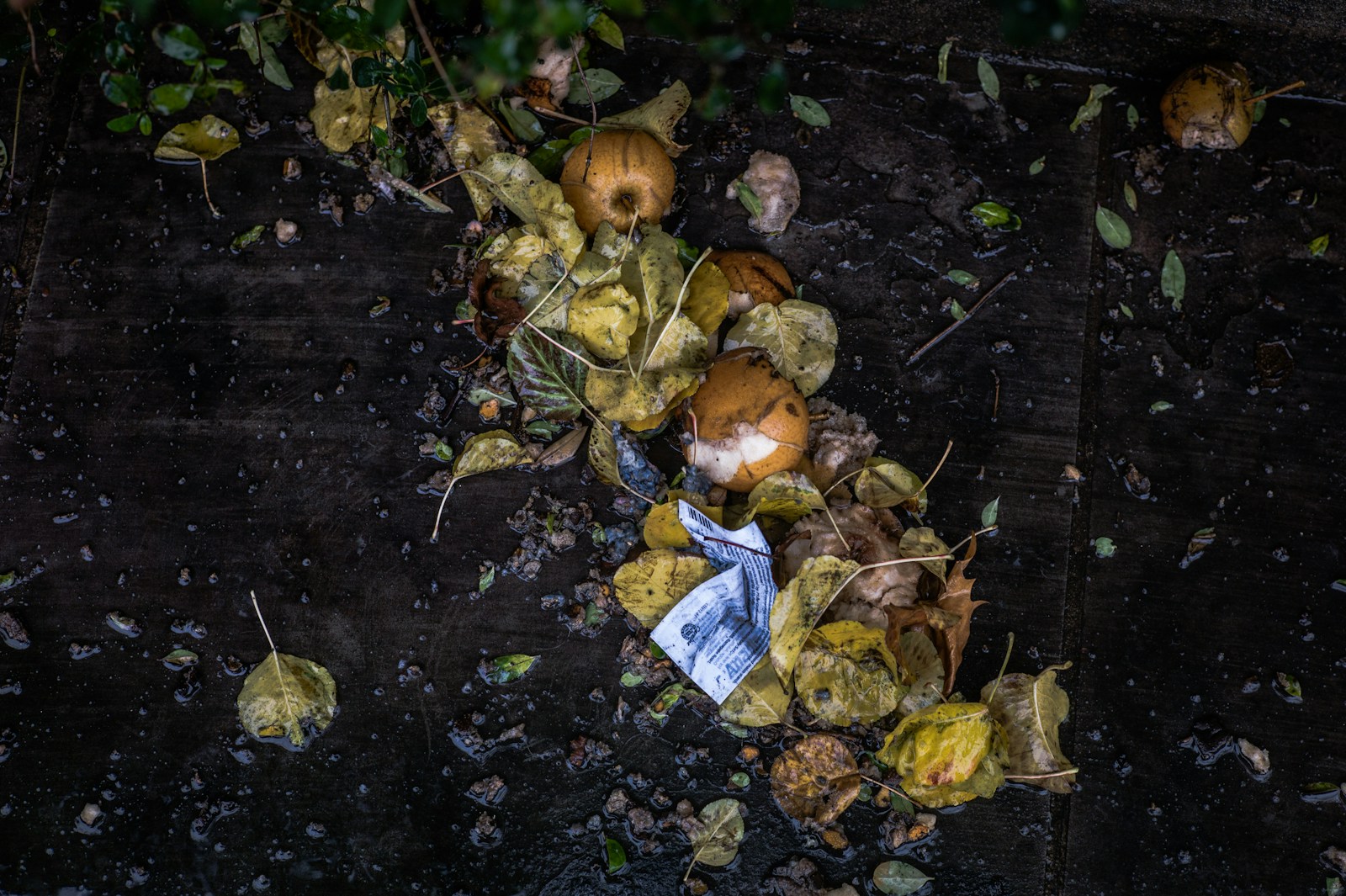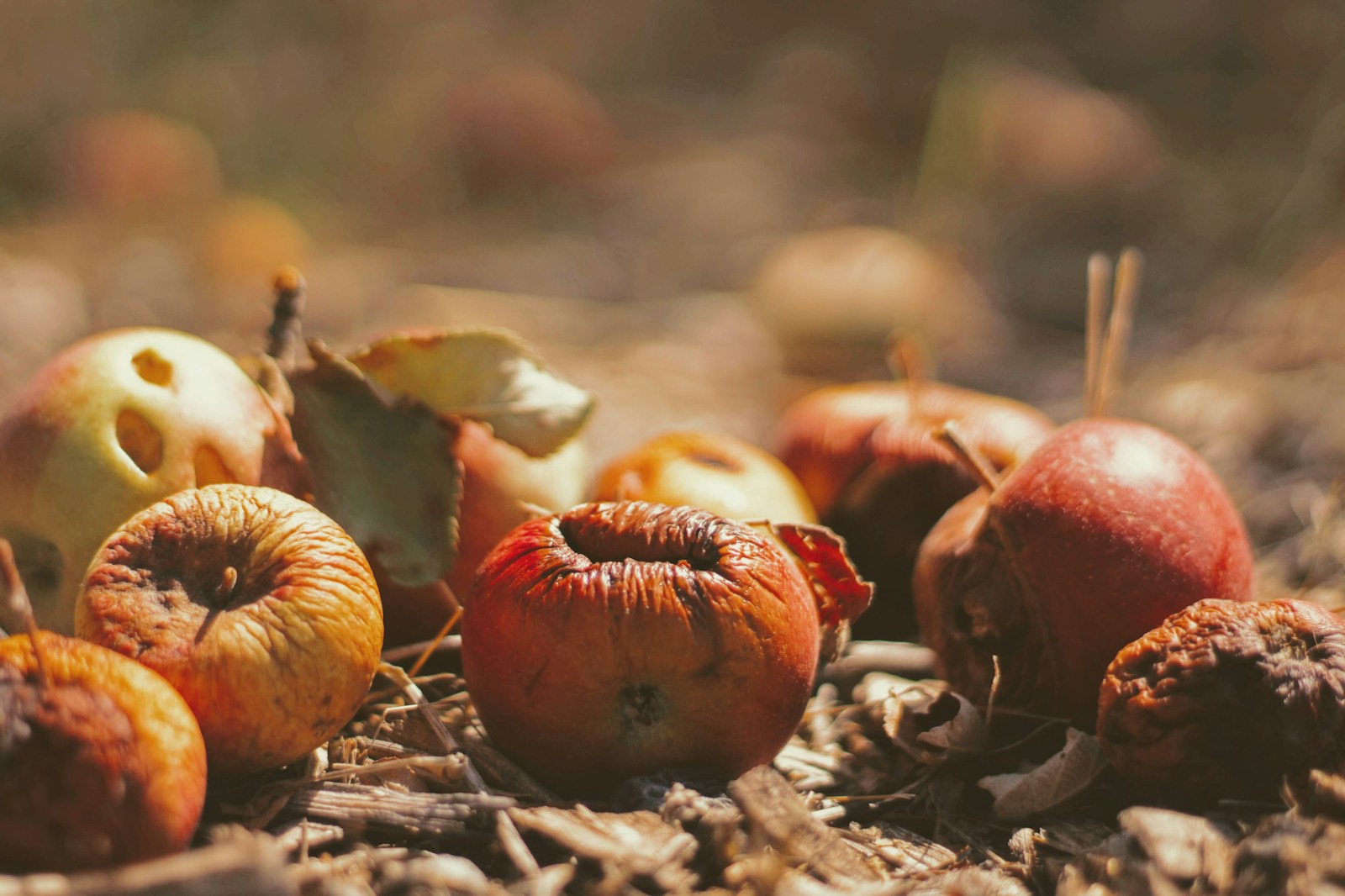Food waste is a significant issue that affects both the environment and your wallet. Reducing food waste in your kitchen not only helps to conserve resources and reduce greenhouse gas emissions but also saves you money. Here are some of the best strategies to minimize food waste in your kitchen and make the most of the food you buy.

Plan your meals and shop smart
One of the most effective ways to combat food waste is to plan your meals in advance. Create a weekly meal plan and make a shopping list based on the ingredients you need. This helps to prevent impulse purchases and ensures that you only buy what you will actually use.
When you go shopping, stick to your list and avoid buying in bulk unless you are sure you can consume the items before they spoil. Buying in smaller quantities more frequently can help you manage your inventory better and reduce the likelihood of food going to waste.
Store food properly
Proper storage is crucial in extending the shelf life of your food. Different foods have specific storage requirements to stay fresh longer. For example, keep fruits and vegetables in the appropriate drawers in your refrigerator, and store dry goods like rice, pasta, and flour in airtight containers to prevent pests and moisture damage.
Refrigerate or freeze leftovers promptly to keep them safe and edible for longer periods. Label your containers with the date of storage to help you keep track of their freshness. Additionally, consider investing in vacuum-sealed bags and containers, which can significantly extend the shelf life of your perishable items.
Practice first in, first out (FIFO)
Implementing the FIFO method in your kitchen can greatly reduce food waste. This system involves organizing your pantry and refrigerator so that the oldest items are at the front and the newest at the back. By using older items first, you ensure that nothing gets forgotten and left to spoil.
When restocking your shelves, always place new groceries behind the existing ones. This simple practice can help you keep track of expiration dates and reduce the amount of food that goes to waste.
Get creative with leftovers
Leftovers are often seen as less appealing, but with a bit of creativity, they can become delicious new meals. Transform last night’s dinner into a new dish by adding fresh ingredients or using different cooking methods. For example, roast chicken can be turned into chicken salad, and cooked vegetables can be added to a stir-fry or soup.
Consider dedicating one night a week to a “leftovers night” where you repurpose and enjoy the remnants of previous meals. This not only reduces waste but also saves you time and effort in the kitchen.
Composting food scraps
Even with the best efforts, some food waste is inevitable. Composting is an excellent way to recycle food scraps and turn them into nutrient-rich soil for your garden. Items like vegetable peels, fruit scraps, coffee grounds, and eggshells can all be composted.
If you don’t have a garden, many communities offer composting programs where you can drop off your food waste. Composting reduces the amount of waste sent to landfills and provides valuable nutrients to the soil, promoting healthier plant growth.
My personal journey with food waste reduction
A few years ago, I became increasingly aware of how much food I was wasting in my kitchen. Determined to make a change, I started meal planning and using the FIFO method. I also began composting my food scraps, which not only reduced my waste but also improved the quality of my garden soil.
Tip
Plan meals and shop with a list to avoid impulse buys and ensure you only purchase what you need. This simple step significantly reduces food waste.
One of the most rewarding changes was getting creative with leftovers. I discovered new recipes and ways to reinvent meals, which made cooking more enjoyable and less wasteful. These small adjustments have had a significant impact on my household’s food waste and have made me more mindful of my consumption habits.
Educate and involve your family
Reducing food waste is easier when the whole household is on board. Educate your family about the importance of minimizing food waste and involve them in the process. Encourage children to help with meal planning and storage, and explain the benefits of composting.
Creating a family challenge to see who can come up with the best leftover meal or who can stick to the shopping list the best can make the process fun and engaging. When everyone works together, reducing food waste becomes a shared goal and a rewarding experience.
Support food waste initiatives
Supporting local and global initiatives aimed at reducing food waste can amplify your efforts. Many organizations work to redistribute surplus food to those in need, advocate for food waste policies, and educate the public about sustainable practices.

Consider donating non-perishable items you won’t use to local food banks and supporting businesses that prioritize food waste reduction. By aligning yourself with broader initiatives, you contribute to a larger movement toward sustainability.
Conclusion
Combating food waste in the kitchen is not only beneficial for the environment but also for your wallet and overall well-being. By planning your meals, storing food properly, using the FIFO method, getting creative with leftovers, composting food scraps, involving your family, and supporting food waste initiatives, you can significantly reduce the amount of food that goes to waste in your home.
frequently asked questions
- How can I keep my fruits and vegetables fresh for longer? Store fruits and vegetables in the appropriate refrigerator drawers, and use airtight containers for chopped produce. Certain fruits, like apples, emit ethylene gas that can spoil other produce, so keep them separate.
- What should I do with food that is close to its expiration date? Plan meals around items that are nearing their expiration date to ensure they get used. Alternatively, cook and freeze these items to extend their shelf life.
- Can I compost all food scraps? Most food scraps can be composted, but avoid composting meat, dairy, and oily foods, as they can attract pests and create unpleasant odors. Stick to vegetable peels, fruit scraps, coffee grounds, and eggshells.
- How can I make meal planning easier? Start by creating a list of your favorite meals and rotate them weekly. Use a meal planning app or calendar to organize your plans, and always shop with a list based on your planned meals.
- What are some creative ways to use leftovers? Turn leftovers into new meals by adding fresh ingredients or using different cooking methods. For example, roast chicken can become chicken salad, and cooked vegetables can be added to stir-fries or soups.
Sources
1. Food and Agriculture Organization of the United Nations – Food Waste Facts 2. U.S. Environmental Protection Agency – Reducing Wasted Food At Home 3. Love Food Hate Waste – Top Tips to Reduce Food Waste 4. The Spruce Eats – How to Store Produce So It Lasts Longer 5. National Resources Defense Council – Save the Food Campaign
About me:
I’m Sophia, a home organization enthusiast who loves transforming spaces into serene and functional havens. With a background in interior design and a passion for practical solutions, I enjoy sharing tips and ideas to help others create clutter-free homes. I believe that an organized space can lead to a more peaceful and productive life.



